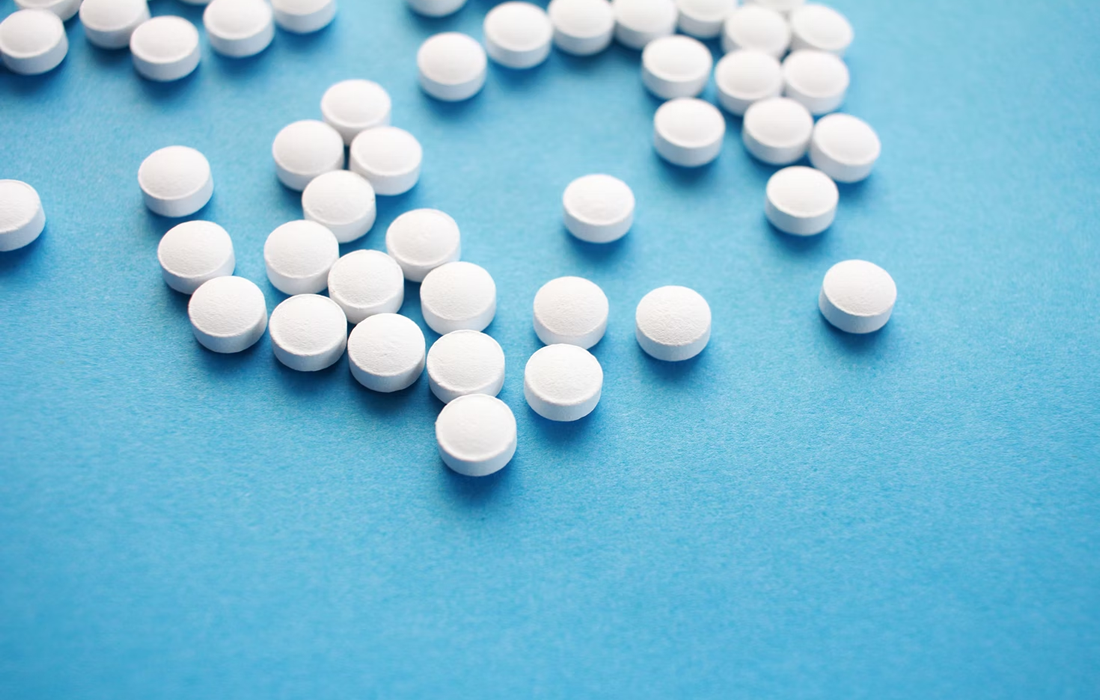Stem Cell Therapy for Specific Conditions
Aspirin Improves Stem Cells Differentiation
In spite of the regenerative potential of stem cell therapy in pre-clinical investigations, clinical translation of cell-based therapy has not been completely clarified. In recent years, the importance of lifestyle, patient comorbidities, and prescribed medication has attracted more attention in the efficacy of cell therapy.
Aspirin (acetylsalicylic acid), as a nonsteroidal anti-inflammatory drug, is one of the most prevalent prescribed medications in the clinic due to an extensive range of effects including antipyretic, analgesic, antirheumatic, and anti-platelet aggregation, as well as apoptotic effects in different types of cancers.
This drug inhibits two strong promoters of platelet aggregation, including thromboxane A2 and prostaglandins, by blocking and deactivating the work of Cyclooxygenases (COX). Some similar stem cells do so by expressing COX-1 and COX-2 isoforms.
Many studies investigated the effects of aspirin with different concentrations on the proliferation of various types of MSCs. elucidated that a combination of 420μM aspirin and an osteogenic bone-forming peptide 1 (BFP-1) peptide-decorated substrate (PS-PEP) promoted the proliferation of human (h)MSCs while it was suppressed by higher (1100 and 4450 μM) concentrations . Also, confirmed that aspirin concentration- and time-dependently induced suppressive impact on the proliferation and the number of colony-forming units of hMSCs
The aspirin’s effect on the differentiation of various types of stem cells
Stem cell differentiation is the process that stem cells are changed to the more specialized cells, it happens over the development of an organism to generate new specific cells and in adults to substitute and replace lost cells.
In the study reviewed showed great results using MSCs treated with low doses of aspirin in vitro essays and in vivo on animals. Osteogenic, tendogenic, cardiomiocyte cell regeneration and odontogenic differentiation were improved. Nonetheless, adipogenic differentiation and proliferation was suppressed by high doses of aspirin in the stem cells, and with low doses has not a benefit on the differentiation of the cells. The improvement of Neurogenic ability needs more studies , it is uncertain yet.
In terms of differentiation, aspirin could promote the osteogenic, odontogenic, tenogenic, and cardiomyocytes function in different types of stem cells. On the vital side, aspirin suppressed adipogenic differentiation in MSCs.
It is unclear whether comorbidities combined with aspirin treatment could have synergistic effects on the regenerative capacity of stem cells, further investigations into this matter are required to clarify aspirin’s actual effect on the therapeutic effects of stem cells.
Source:
Seyedeh ShaghayeghZafarmand. (December 6, 2021). Aspirin impacts on stem cells: Implications for therapeutic targets. ELSEVIER: Science Direct. Retrieved from: https://libcon.rec.uabc.mx:4432/science/article/pii/S0040816621002238
IMAGE:
Photo by Hal Gateway on Unplash.

